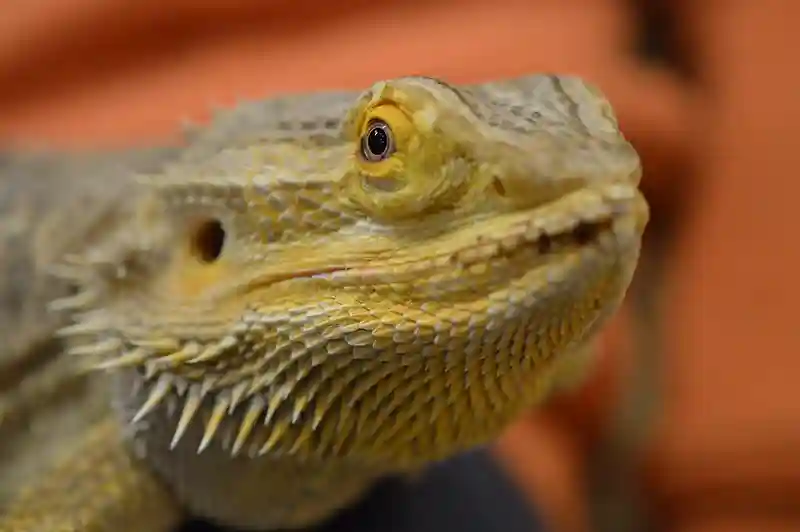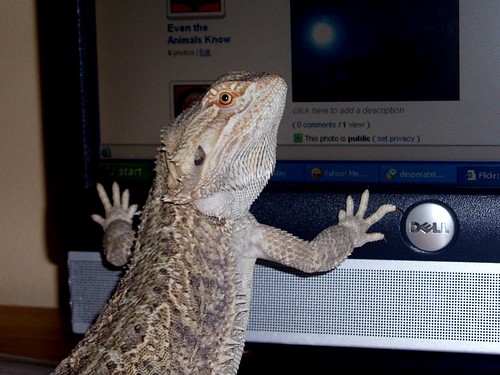Impaction is a common and serious health issue affecting bearded dragons. It occurs when the dragon’s digestive system becomes blocked due to the ingestion of indigestible material or the presence of a mass, such as a tumor. This can lead to severe pain, discomfort, and potentially life-threatening complications if left untreated.
Symptoms of Impaction in Bearded Dragons
Bearded dragons suffering from impaction may exhibit the following symptoms:
- Loss of appetite
- Lethargy
- Constipation
- Abdominal swelling
- Paralysis of the hind limbs
- Difficulty walking or dragging the hindquarters
If you notice any of these symptoms in your bearded dragon, it is important to consult with a qualified veterinarian as soon as possible.
Diagnosing Impaction in Bearded Dragons
A veterinarian specializing in reptile care will conduct a thorough examination to determine the cause of your bearded dragon’s symptoms. Diagnostic tests may include:
- Physical examination
- Radiographs (X-rays)
- Ultrasound
- Blood tests
These tests help the veterinarian identify the presence of impaction and its underlying cause, enabling them to recommend the most appropriate treatment.
Treatment Options for Impaction
The treatment for impaction in bearded dragons depends on the severity of the condition and the underlying cause. Some possible treatment options include:
- Conservative Management: For mild cases of impaction, a veterinarian may suggest conservative treatment methods such as increased hydration, warm baths, and gentle abdominal massages. A change in diet, including the provision of softer, more easily digestible food, may also be recommended.
- Medication: In some cases, a veterinarian may prescribe medications such as laxatives, pain relief, or antibiotics to help alleviate the symptoms and treat the impaction.
- Surgery: In severe cases where conservative management and medication are ineffective, surgery may be necessary to remove the blockage and restore normal function to the digestive system.
Factors Affecting Impaction Surgery Cost
There are several factors that can influence the cost of bearded dragon impaction surgery, including:
- Location: The cost of veterinary care varies depending on your geographic location. Urban areas and regions with a higher cost of living may have higher veterinary fees.
- Veterinarian Experience: The expertise and experience of the veterinarian performing the surgery can impact the cost. Specialists with more experience may charge higher fees.
- Complexity of the Surgery: The complexity of the impaction and the surgical procedure required can influence the overall cost. More complicated cases may require additional time and resources, leading to higher fees.
- Post-Operative Care: The extent of post-operative care needed, including follow-up appointments, medications, and supportive care, will affect the overall cost of the impaction surgery.
- Hospitalization: In some cases, your bearded dragon may need to be hospitalized before or after the surgery, which can increase the total cost.
It is essential to discuss the expected costs with your veterinarian before proceeding with the surgery to ensure you are financially prepared for the treatment and any associated expenses.
Preventing Impaction in Bearded Dragons
Preventing impaction is essential for maintaining the health and well-being of your bearded dragon. Implementing the following measures can help minimize the risk of impaction:
- Proper Substrate: Use a non-particle substrate, such as reptile carpet, paper towels, or tile, to prevent accidental ingestion of indigestible material.
- Appropriate Diet: Feed your bearded dragon a balanced diet of appropriately sized insects and fresh vegetables. Avoid feeding insects that are too large, as they can cause impaction.
- Hydration: Provide clean, fresh water for your bearded dragon to ensure proper hydration, which can aid in digestion and prevent impaction.
- Regular Checkups: Schedule regular checkups with a qualified reptile veterinarian to monitor your bearded dragon’s health and identify any potential issues early.



